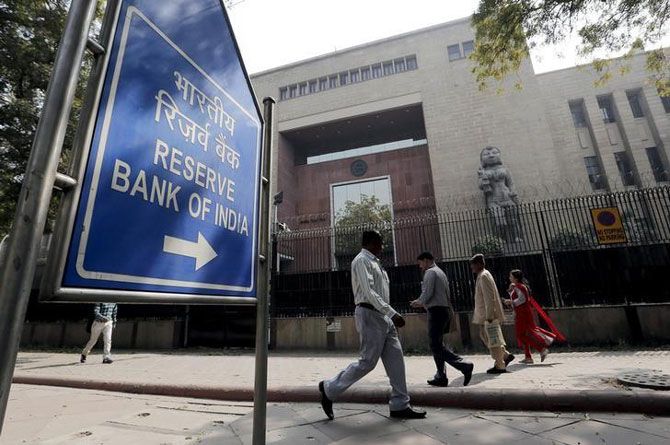As all regulators are part of it, individuals don’t need to worry about approaching the right authority

Recently, the Reserve Bank of India(RBI) launched an online website, Sachet, to curb Ponzi schemes at an early stage, by sourcing information from individuals.
A person can go to the website, www.sachet.rbi.org.in, and share information with the regulator if he thinks a company is illegally collecting money. People can also use the website to get detailed information on companies that are authorised to collect deposits and also complain if they are cheated by unauthorised operators.
Fill the complaint registration form with personal details
Choose the regulator and provide details. If unsure, use ‘Don’t Know the Regulator’ option
Scan and upload documents
You will get a complaint number, with details of regulator concerned
To track further developments on your complaint, approach the respective regulator
There is no maximum time limit for resolution
After 30 days, you might see a reminder button on the website. Click it if resolution not provided
While the website is managed by RBI, all financial sector regulators and law enforcement agencies of different states have come together for this.
“Until now, a person had to first know the regulator’s domain and jurisdiction before complaining against a Ponzi scheme or getting information on authorised companies. If an individual approached a regulator who didn’t have oversight on a particular sector or economy, the latter couldn’t do much,” says Sapan Gupta, partner at Shardul Amarchand Mangaldas.
Sachet allows individuals to file a complaint on a common platform where the regulator concerned can process it, even if the individual is not aware of the regulator for a particular company.
It’s not possible for individuals to know the regulatory framework in the financial sector and approach a specific authority. A company that is neither a bank nor a non-banking financial company (NBFC) but accepts deposits falls under the purview of the ministry of corporate affairs.
State governments regulate moneylenders. The Securities and Exchange Board of India (Sebi) looks at collective investment schemes but funds involved need to be in excess of Rs 100 crore (Rs 1 billion).
Using Sachet
The authorities primarily want investors to share information on entities they suspect are running ponzi schemes. They can be whistleblowers or victims. To promote information sharing, RBI is maintaining a forum for individuals to discuss their issues. Under the ‘Help Your Regulator’ option, one can directly share information on Ponzi schemes anonymously.
Victims of illegal financial schemes can file complaints after entering their details. They can also upload relevant documents. On filing, users get a complaint number and details of the regulator that will be responsible for resolving the issue via text message and e-mail.
As investigating such complaints can be complex and require multi agency involvement, there is no definite time provided for resolution of complaints. This can be a drawback for investors, who might need to wait indefinitely. While RBI runs the Sachet website, the regulator does not preside over other authorities.
Sachet vs Sebi’s platform
The stock market regulator has a similar mechanism, called Sebi Complaints Redress System or Scores, popular with investors. Sebi received 38,442 complaints during 2014-15 and resolved 35,090 grievances, as compared to 33,550 received and 35,299 resolved in 2013-14.
However, success of Scores does not necessarily mean that Sachet can be equally effective. “The securities market is accessed by savvy investors and that led to the success of Scores. Those falling prey to ponzi schemes are a separate category,” Moin Ladha, associate partner at Khaitan & Co. Most of these schemes start in small towns where investors are either not savvy or are less educated.
Good but not enough
While Sachet is the first effort by regulators, states and law enforcement agencies, it might not be as effective to stop ponzi schemes. “One of the best way to tackle companies involved with unauthorised financial products is to have a unified regulatory regime involving special state courts dedicated for penalising such frauds in an expedited manner, as has been proposed in the Banning of Unregulated Deposit Schemes and Protection of Depositors’ Interest Bill, 2015,” says Ladha.
Headed by Veerappa Moily, the committee had recommended a separate regulator for money pooling schemes. In its report on ponzi schemes, one key observation was that these fall under different regulators, which often results in individuals getting exploited.
Another reason for success of these schemes is the hefty commissions paid to agents. “Individuals put their trust on the middlemen, who are usually known to the victim.
The government should also make agents responsible for their actions,” says Ladha.
Photograph: Reuters







 © 2025
© 2025